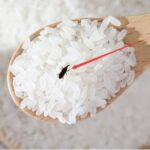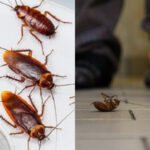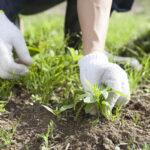For many, the dream of having a few fruit-bearing trees in their garden is an enticing one. The idea of being able to harvest fresh, delicious, and safe fruit for their family is appealing, and it’s a great way to connect with nature.
Among the various fruit trees, apple trees are often a popular choice. They are not only aesthetically pleasing and bear sweet fruit but also symbolize prosperity in feng shui. However, many households decide against planting apple trees in their gardens. So, what’s the reason behind this decision? Here are five explanations for this choice.
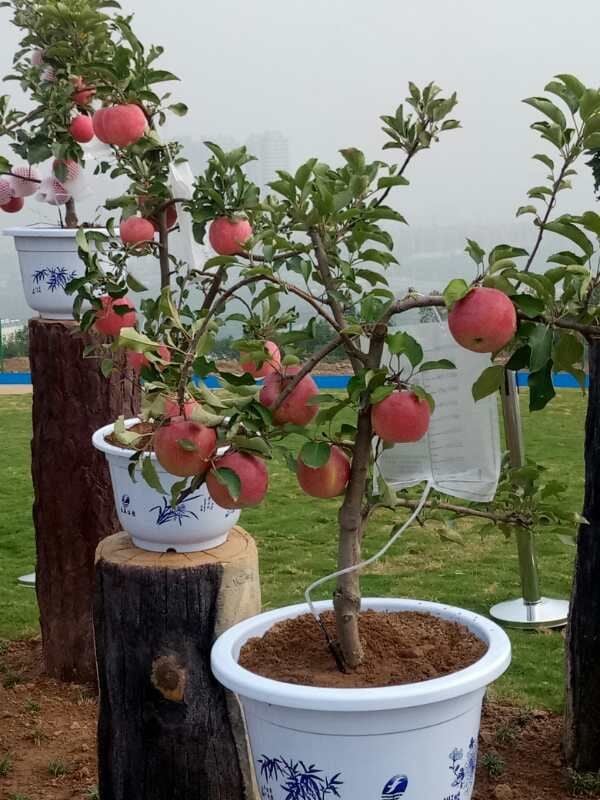
Apple Trees: A Popular Choice for Good Reason
Prone to Pest and Disease Infestations
One of the biggest challenges of growing apple trees is their susceptibility to pest and disease infestations. While apple trees offer visual appeal and a wonderful display of blossoms and ripe fruit, the issue of pests and diseases can be a significant concern. Apple trees can be affected by various pests such as red spiders and moth caterpillars, as well as fungal diseases. Without proper preventive measures, these issues can quickly spread throughout the tree.
Even with periodic spraying of pesticides, there is no guarantee that these problems will be completely eradicated. Moreover, the chemical residue from pesticides can be harmful to the surrounding environment, especially if there are children or pets in the household, making these potential risks even more worrisome.
Disappointing Results
Many people plant apple trees with the hope of harvesting delicious fruit, but the reality can often be disappointing. While the tree may bear fruit, the quality may not live up to your expectations.
Home-growing environments differ significantly from professional orchards. Factors such as soil, light, humidity, and other conditions may not be entirely suitable for the optimal growth of apple trees. As a result, you may end up with small, poor-quality, or even deformed fruit. This can be disheartening, especially after investing time and effort into caring for the tree.
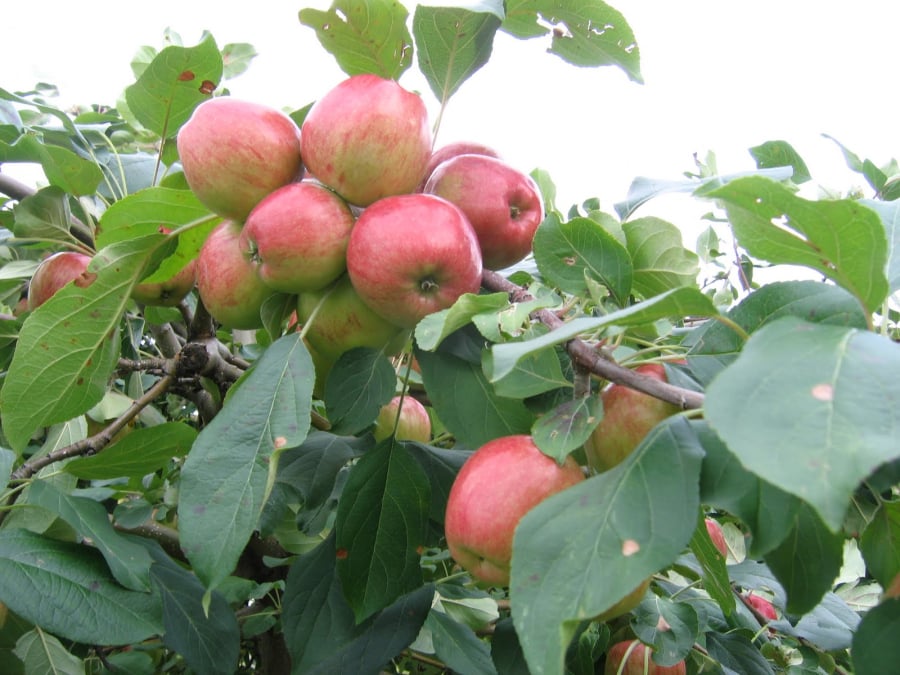
Professional Orchards vs. Home Gardens: A Difference in Results
High Maintenance Requirements
Caring for an apple tree is no easy task compared to tending to other flowers or ornamental plants. Each spring, pruning the tree becomes crucial to promote healthy growth and a better shape.
As summer arrives, you need to provide shade from the scorching sun, especially during the fruit-ripening period in autumn. Additionally, protecting the fruit from birds and insects is another factor to consider. When winter sets in, it’s essential to shield the tree from the cold and frost to avoid damage.
Each season brings its own set of care requirements, demanding your time and effort. For busy individuals, these demands can become quite burdensome.
Fruit Drop
Fruit drop is a common issue faced by many apple tree growers, especially with unripe fruit. This not only reduces the number of fruit in your garden but also creates a mess. When the fruit falls to the ground, it can be stepped on and smashed, causing an inconvenience when it comes to cleaning up.
If not properly addressed, the decaying fruit can become a breeding ground for mosquitoes and may emit unpleasant odors, negatively impacting the ambiance of your living space. Over time, the constant need to clean up dropped fruit can lead to frustration with your apple tree, possibly resulting in the decision to remove it from your garden.
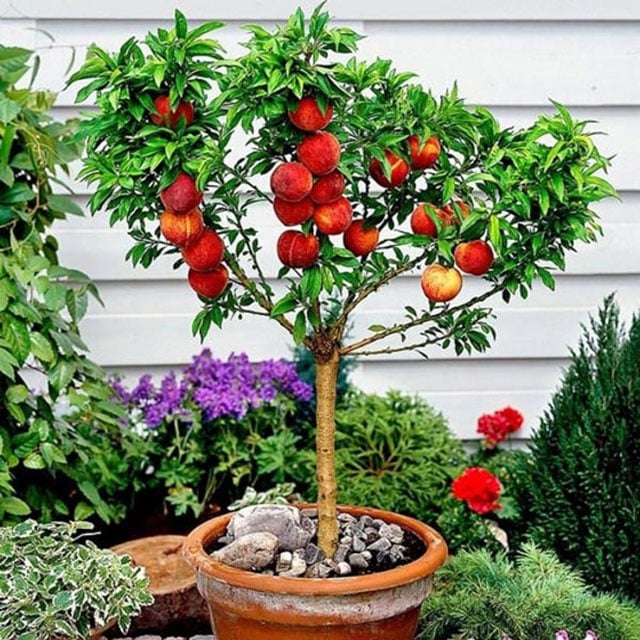
Fruit Drop: A Common Issue with Apple Trees
Unstable Fruit Yield
Apple trees often exhibit unstable fruit yields, with some years producing an abundance of fruit while other years may result in none at all. This fluctuation makes it challenging for growers to anticipate and plan for the yield.
After one or two years of growth, many people notice a decline in fruit production compared to previous years, along with a decrease in the tree’s resistance. This can be particularly disappointing when comparing the fruit yield to that of a neighbor’s tree.
In conclusion, while apple trees add beauty to your garden, their care can be quite troublesome. If you’re passionate about growing fruit trees, consider opting for easier-to-maintain and more stable fruit-bearing trees such as lemon or orange trees. These trees not only have a longer fruiting season but are also less susceptible to pests and diseases, and their care requirements are generally less demanding.
The Secret Ingredient to a Husband’s Admiration: A Wife’s Clever Rice Trick
The prolonged pandemic has instilled a sense of preparedness in all of us, especially when it comes to stocking up on non-perishable goods. And one staple that we absolutely cannot do without is rice. However, storing rice for extended periods without proper preservation methods can lead to an infestation of pests, which could potentially harm the health of your family.

























